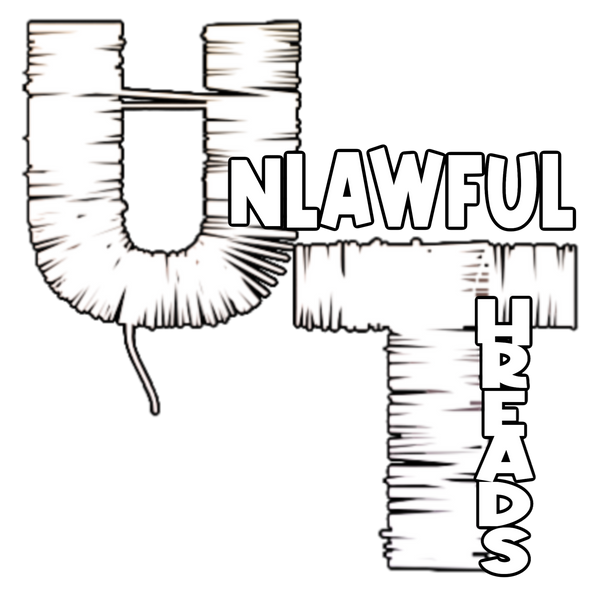
Caffeinated Cancel Culture: What Happens When Your Coffee Brand Gets Political?
Share
Brewing Controversy: When Coffee Stops Being Just Coffee
It used to be that coffee was the great unifier. You could sit across from a friend, steaming cup in hand, and discuss life, work, or the latest TV show without politics ever pouring into the conversation. Not anymore. Today, your coffee order can be a statement, a protest, or an invitation for internet warfare.
From major corporations like Starbucks to small indie roasters, coffee brands have found themselves at the center of online firestorms. Some dive headfirst into the political fray, while others get dragged in unwillingly. Either way, the result is often a whirlwind of hashtags, boycotts, and media headlines.

From Hashtags to Headlines: The Brands That Took a Stand
Over the past few years, we’ve seen numerous coffee brands wade into political waters—sometimes intentionally, sometimes by accident.
-
Starbucks & Social Justice – Starbucks has repeatedly made headlines for its stances on social issues. From racial bias training to employee activism, the brand has both gained and lost customers due to its political positions.
-
Black Rifle Coffee & the Conservative Market – In contrast, Black Rifle Coffee has openly catered to a right-leaning audience, branding itself as pro-military and pro-Second Amendment. While it has a loyal customer base, it has also faced backlash from various sides.
-
Indie Roasters & Local Movements – Many small roasters have started using their businesses as platforms for activism, whether by supporting environmental sustainability, LGBTQ+ rights, or fair trade coffee farmers.

Boycott or Buy More? The Power of Outrage Marketing
While cancel culture often spells trouble for businesses, some brands have turned controversy into profit. Outrage marketing—where brands intentionally provoke discussion—has become a tool for certain companies looking to stand out in a crowded marketplace.
Take the case of Starbucks: after facing conservative boycotts over its holiday cup designs and social justice initiatives, sales continued to soar. Meanwhile, Black Rifle Coffee saw an explosion of sales after aligning itself with conservative values during key political moments. In both cases, controversy fueled consumer loyalty among target demographics.
Should Coffee Just Be Coffee Again?
With every brand choosing a side, some consumers are left wondering—should coffee companies focus on brewing great coffee instead of brewing controversy?
A 2023 consumer survey found that 64% of Americans prefer brands that stay neutral on political issues. However, 42% of younger consumers (Gen Z and Millennials) said they were more likely to support brands that align with their personal values. This generational divide suggests that cancel culture isn’t a one-size-fits-all situation for coffee brands.

Final Sip: Can a Coffee Brand Really Get Canceled?
The reality is, “cancel culture” is often short-lived. While some brands face temporary backlash, few suffer lasting damage. In fact, choosing a side—or being forced into one—often leads to stronger brand loyalty from the customers who share the same values.
So, the next time you take a sip of your morning brew, ask yourself: is it just coffee, or is it a statement?
Share Your Thoughts!
Do you care about your coffee brand’s political stance, or do you just want a good cup of joe? Drop a comment below!
“Love coffee with a side of sarcasm? Check out our latest mugs and tees at Unlawful Threads!”
